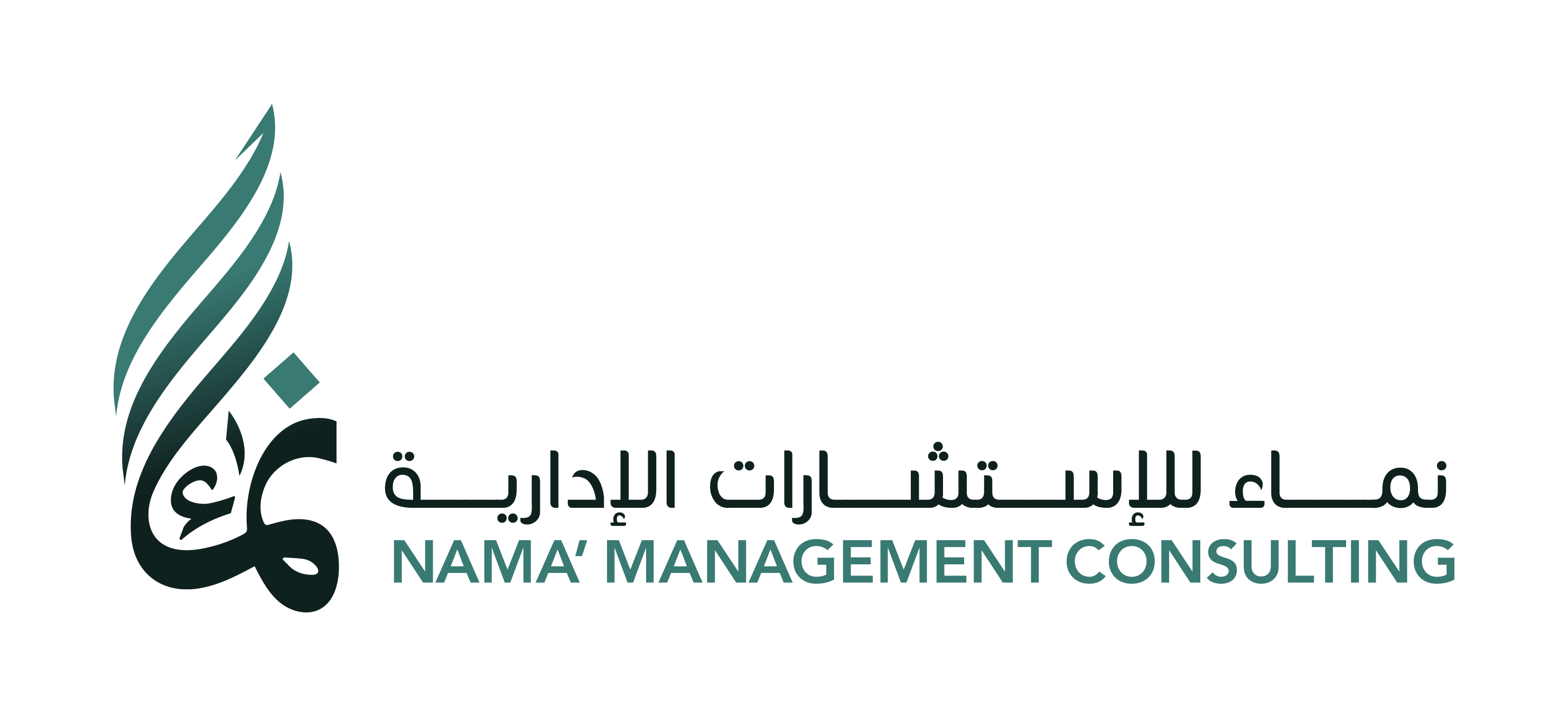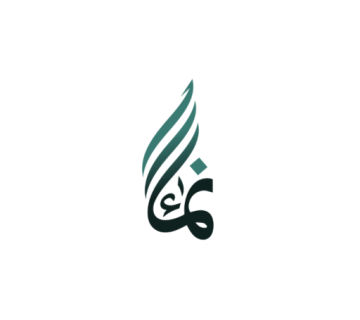ISO Certification in Qatar: Your Pathway to Business Excellence
In today’s highly competitive business landscape, achieving ISO certification has become a symbol of quality, efficiency, and credibility. In Qatar, a nation rapidly advancing towards its National Vision 2030, businesses are increasingly seeking ISO certifications to demonstrate their commitment to excellence, sustainability, and customer satisfaction. Whether you are a startup, SME, or large corporation, ISO certification in Qatar offers a strategic advantage that can propel your organization toward greater success.
What is ISO Certification?
ISO stands for the International Organization for Standardization, an independent, non-governmental body that develops international standards to ensure the quality, safety, and efficiency of products, services, and systems. ISO certification confirms that a company’s operations meet these internationally recognized standards, thus enhancing its reputation, operational efficiency, and customer confidence.
Some of the most common ISO certifications sought by businesses in Qatar include:
-
ISO 9001:2015 – Quality Management Systems
-
ISO 14001:2015 – Environmental Management Systems
-
ISO 45001:2018 – Occupational Health and Safety Management Systems
-
ISO 27001:2022 – Information Security Management Systems
-
ISO 22000:2018 – Food Safety Management Systems
-
ISO 22301:2019 – Business Continuity Management Systems
Why ISO Certification Matters in Qatar
Qatar’s economy is witnessing rapid diversification, fueled by large-scale projects in construction, oil & gas, healthcare, education, and technology. This diversification creates a strong demand for international standards that foster trust among stakeholders, investors, and consumers.
Here’s why ISO certification in Qatar is more important than ever:
1. Enhancing Business Credibility
With an ISO certificate, businesses demonstrate their commitment to quality and compliance, instantly enhancing their credibility in both local and international markets.
2. Complying with Tender Requirements
Many government and private sector projects in Qatar require ISO certification as a prerequisite for bidding. Being ISO certified opens doors to prestigious contracts, especially with key organizations like Ashghal, QatarEnergy, and Hamad Medical Corporation.
3. Driving Operational Efficiency
Implementing ISO standards helps organizations streamline processes, reduce waste, manage risks, and improve productivity — all essential for sustainable growth.
4. Building Customer Trust
ISO-certified companies reassure customers that their products and services meet stringent quality and safety standards, leading to higher customer satisfaction and loyalty.
5. Aligning with Qatar National Vision 2030
ISO standards support goals related to environmental sustainability, economic growth, and social development, helping businesses contribute effectively to Qatar’s national aspirations.
The ISO Certification Process in Qatar
Obtaining ISO certification in Qatar typically involves several structured steps:
-
Gap Analysis: Assess your existing management systems against the ISO standard’s requirements to identify areas for improvement.
-
System Development: Develop or modify processes, policies, and documentation to comply with ISO standards.
-
Implementation: Train employees and implement the new or improved management system across the organization.
-
Internal Audit: Conduct internal audits to ensure the system is working effectively and meeting the ISO requirements.
-
Management Review: Top management reviews audit findings and performance data to confirm readiness for certification.
-
Certification Audit: An external certification body conducts an audit to verify compliance. If successful, they issue the ISO certificate.
-
Continual Improvement: Maintain and continually improve the system to ensure ongoing compliance and effectiveness.
Choosing the Right ISO Certification Body in Qatar
It’s critical to choose a reputable, accredited certification body to carry out your ISO certification. In Qatar, many internationally recognized certification bodies operate locally, offering services across various industries. Look for:
-
Accreditation by international bodies like UKAS, IAS, or DAkkS.
-
Strong local presence and knowledge of Qatar’s regulatory requirements.
-
Good reputation, expertise, and client references in your industry.
Partnering with experienced ISO consultants in Qatar can also significantly ease the process by providing expert guidance, documentation support, training, and pre-audit assessments.
Common Challenges and How to Overcome Them
While ISO certification brings many benefits, companies sometimes face challenges, such as:
-
Resistance to Change: Involve employees early and emphasize the personal and organizational benefits.
-
Documentation Overload: Use digital tools and keep documentation practical and user-friendly.
-
Audit Anxiety: Conduct thorough internal audits and treat them as opportunities for learning, not punishment.
Working with knowledgeable consultants can help you navigate these challenges efficiently.
In a competitive, fast-evolving market like Qatar, ISO certification is more than a badge — it’s a strategic investment in your organization’s future. It improves internal operations, increases market opportunities, and enhances your brand reputation on the global stage.
Whether you are in construction, healthcare, IT, manufacturing, education, or services, achieving ISO certification in Qatar sends a strong message to your clients, partners, and competitors: You are committed to excellence, quality, and continuous improvement.
If you’re ready to start your journey toward ISO certification, partnering with the right experts can make all the difference. Contact us today to learn how we can support your success!


